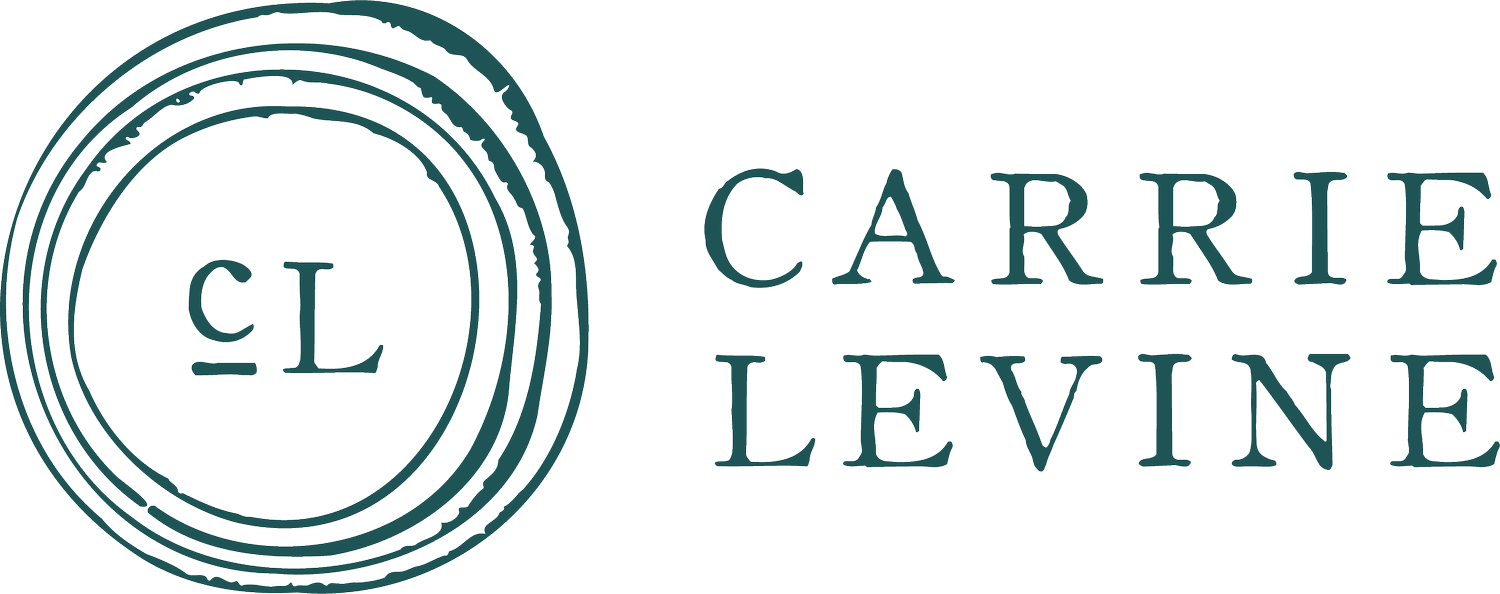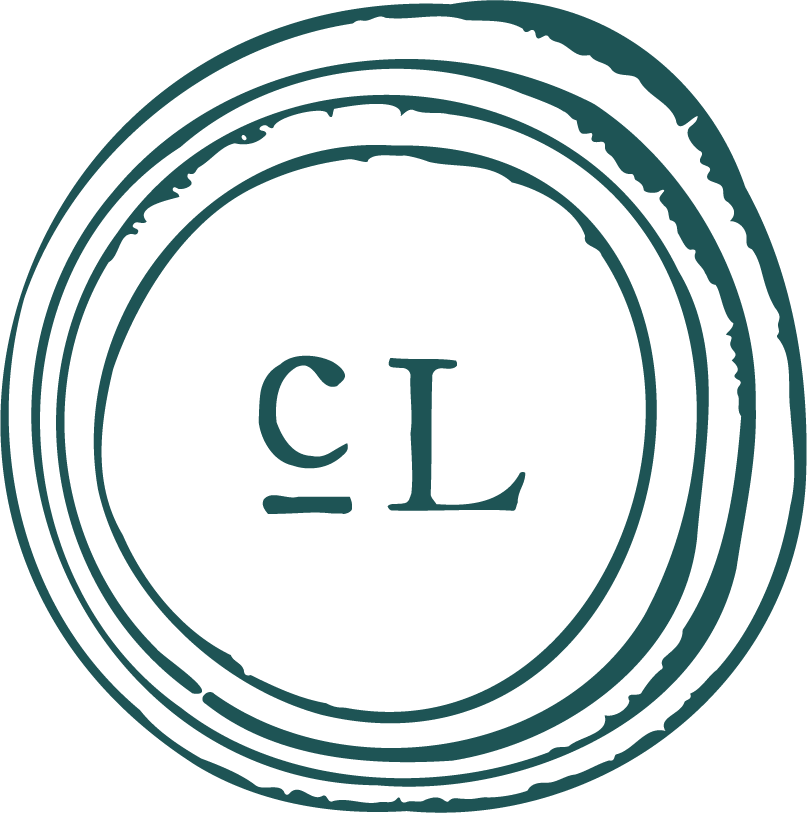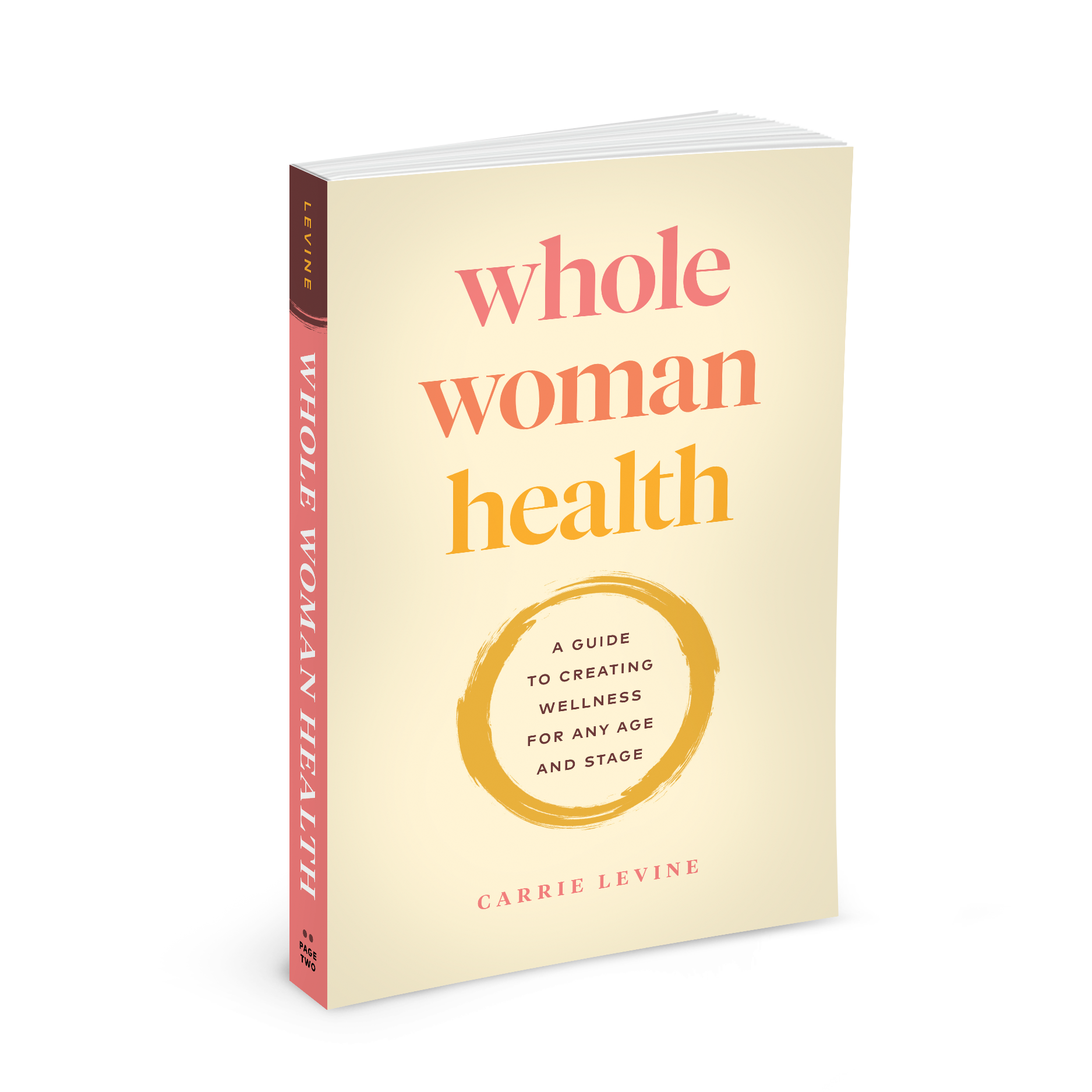A Functional Medicine Approach to Hormone Balance for Women at Any Age or Stage
When it comes to women’s hormones, many of us were taught that the only effective solution is to override them with birth control pills or hormone replacement therapies. Others might wonder if the idea of “hormone balance” is even real, or perhaps they never learned how a woman’s hormones affect nearly every aspect of her well-being.
Yet the challenges of fluctuating hormone levels come sharply into focus during perimenopause and post-menopause. Droves of women are approaching practitioners requesting hormone therapy—especially now that the Women’s Health Initiative (WHI) findings have been revised, indicating that hormone therapy does not necessarily increase breast cancer risk. For the right woman, under the right circumstances, hormone therapy can be an effective tool. But expert clinicians and functional medicine practitioners look beyond prescriptions alone. They address sleep, relaxation, exercise, nutrition, stress, and relationships—factors that have a profound influence on hormone balance in women of all ages and stages.
Why Lifestyle Matters
These personal, modifiable lifestyle factors sit at the foundation of the functional medicine matrix, a guide that helps clinicians assess a woman’s overall health. By evaluating and improving these lifestyle components, we can often reduce the need for—or entirely eliminate—supplemental hormones and other medications. That’s the essence of the functional medicine approach: focusing on root causes, systemic harmony, and individualized care.
Key Factors for Balancing Hormones at Any Age
Sleep & Relaxation:
Hormones need consistent, restful sleep to regulate properly. Inadequate rest can disrupt cortisol, leptin, and other essential hormones.
Mindful practices like meditation, gentle stretching, or breathwork can help manage stress, lowering cortisol levels and allowing sex hormones to recalibrate.
Exercise & Movement:
Moderate aerobic activity and strength training support metabolism, help regulate insulin, and aid in maintaining muscle mass—all crucial for hormone balance.
Tailor the type and intensity of exercise to the life stage and stress levels, ensuring movement supports, rather than depletes, her system.
Nutrition & Gut Health:
Whole, nutrient-dense foods stabilize blood sugar, reduce inflammation, and provide building blocks for hormone synthesis.
Prioritizing fiber, healthy fats, and adequate protein is especially important. For instance, cruciferous vegetables aid estrogen metabolism, and certain fats support progesterone production.
Stress Management & Relationships:
Chronic stress pushes the hypothalamic-pituitary-adrenal-thyroid-gonadal (H-P-A-T-G) axis into overdrive, often crowding out healthy hormone production.
Positive relationships and emotional well-being can lower stress hormones, indirectly helping balance reproductive hormones.
The Role of Laboratory Evaluation
Different methods of evaluating hormone status exist—blood, saliva, urine—and each has situations where it shines or might be less useful. A thorough approach considers a woman’s unique clinical circumstances, sometimes combining lab tests for a more complete picture.
Foods, Supplements, & Lifestyle Tweaks
Three Foods to Support Hormone Balance:
Cruciferous veggies (broccoli, kale, Brussels sprouts)
Healthy fats (avocado, olive oil, nuts/seeds)
High-quality protein (wild-caught salmon, pastured eggs, legumes)
Three Foods That Can Devastate Hormone Balance:
Excess refined sugar
Trans fats
Processed or highly inflammatory foods
Three Supplements to Consider:
Omega-3 fatty acids (for reducing inflammation)
Adaptogens (e.g., ashwagandha) for stress support
Vitamin D (for mood, immune function, and bone health)
Three Lifestyle Modifications:
Prioritizing 7–8 hours of quality sleep
Consistent, balanced movement that includes both cardio and resistance training
Regular stress-relief practices (journaling, meditation, talk therapy)
Reframing Hormone Care
A functional medicine approach doesn’t dismiss hormonal therapies; rather, it positions them as part of a broader, integrative plan. Addressing personal modifiable lifestyle factors is at the core of balancing hormones, improving overall health, and helping women feel their best through every life stage.
The time to support women and their hormones is always—because when we address these fundamentals, we’re not just balancing hormones. We’re empowering women to achieve optimal health in mind, body, and spirit, at any age or stage.
As with all of the advice in my social posts, blog, etc., please consult with your healthcare provider before starting a new diet, fitness, supplement, or treatment regimen. This information is for educational purposes only and does not replace the advice of your healthcare provider.
Additional Resources
Check out my free guide on what to eat so you never have to diet again. Download it here.
Ready for a deeper dive?
My book Whole Woman Health allows you to tap into the medicine of "why" instead of the medicine of "what" with customizable, expert guidance. Experience the benefits of integrating science and intuition through a functional medicine approach to your health and well-being.




